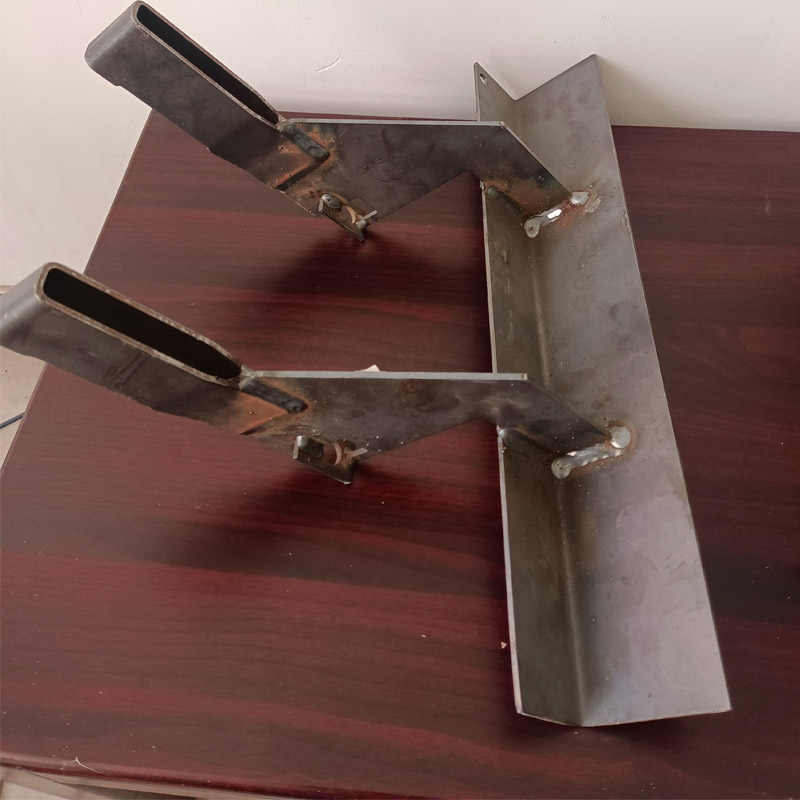
- Mobile Phone
- +8613931874955
- sales@cntcmetal.com
titanium torsion spring
The Role and Importance of Titanium Torsion Springs in Modern Engineering
Torsion springs are an essential component in various mechanical systems, providing the necessary elasticity to store and release energy. Among the different materials used for torsion springs, titanium has emerged as a preferred choice due to its unique properties. This article delves into the significance of titanium torsion springs, exploring their advantages, applications, and the reasons behind their growing popularity in modern engineering.
What are Torsion Springs?
Torsion springs are specialized mechanical devices that experience twisting motion. They work by resisting the torsional force when twisted, which allows them to store energy. When the force is released, the spring returns to its original position, thereby releasing the stored energy. Torsion springs can be found in various applications, including door hinges, mechanical toys, and automotive systems.
Why Titanium?
Titanium, known for its remarkable strength-to-weight ratio, is a metal that combines both lightweight characteristics and high tensile strength. These properties make titanium an ideal material for torsion springs, where performance and durability are critical.
1. Corrosion Resistance One of the standout features of titanium is its excellent corrosion resistance. This property makes titanium torsion springs particularly suitable for applications in harsh environments, such as marine, chemical, and aerospace industries.
2. High Strength Titanium offers a tensile strength comparable to steel yet is significantly lighter. This allows for the design of more compact and efficient spring systems, which is especially valuable in industries where weight reduction is essential, such as aerospace and automotive.
3. Fatigue Resistance Titanium exhibits superior fatigue resistance, meaning it can withstand repeated loading and unloading without compromising its structural integrity. This is crucial for torsion springs that undergo constant motion and stress.
titanium torsion spring

Applications of Titanium Torsion Springs
Titanium torsion springs are used in various industries, showcasing their versatility
- Aerospace In the aerospace sector, where weight savings are critical, titanium torsion springs are used in control systems and landing gear, contributing to the overall efficiency of aircraft.
- Automotive In the automotive industry, these springs can be found in mechanisms like seat recliners and suspension systems, enhancing performance while reducing weight.
- Medical Devices Medical equipment often demands high precision and reliability. Titanium torsion springs are utilized in devices such as surgical instruments and implants, where biocompatibility is also a factor.
- Consumer Electronics The lightweight and durable nature of titanium allows for the design of compact torsion springs in gadgets, enhancing their functionality without adding bulk.
Conclusion
As engineering demands evolve, the need for components that are not only functional but also lightweight and durable continues to rise. Titanium torsion springs stand out as a solution that meets these challenges effectively. Their unique properties, including corrosion resistance, high strength, fatigue resistance, and temperature tolerance, make them an attractive choice across various applications.
In a world that increasingly values sustainability and innovation, titanium torsion springs exemplify the perfect marriage of material science and engineering design. As industries continue to push boundaries, the role of titanium in components like torsion springs will likely expand, driving advancements in technology and improving the reliability and efficiency of everyday products. Whether in the skies, on the roads, or in medical facilities, titanium torsion springs will be at the forefront of modern engineering solutions.
share:
-
Your Source for Concrete Wall Ties and Masonry AccessoriesNewsJul.10,2025
-
Unlocking the Power of Iron Wire for Every ProjectNewsJul.10,2025
-
Explore Advanced Chain Wire and Stainless Steel Mesh FencingNewsJul.10,2025
-
Discover the Benefits of Annealed Wire ProductsNewsJul.10,2025
-
Discover China Stainless Steel Wire Mesh SolutionsNewsJul.10,2025
-
Build with Confidence Using High-Performance Masonry AccessoriesNewsJul.10,2025
-
Why Sacrificial Formwork Is Redefining Underground ConstructionNewsJun.06,2025



















